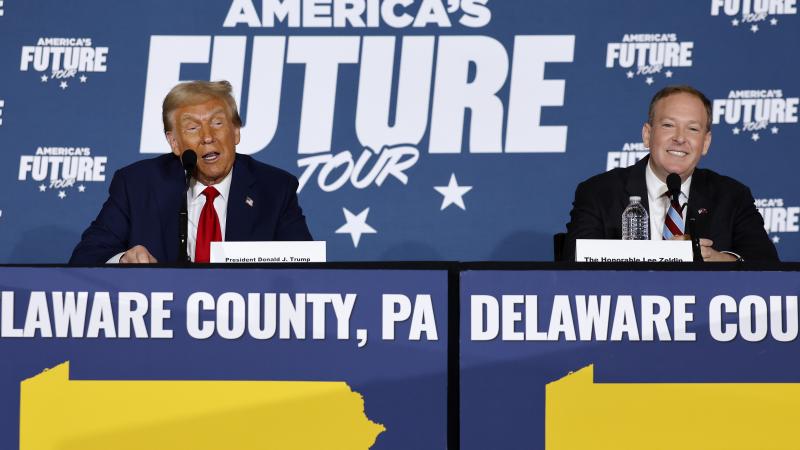Manchin-Schumer EV tax credit disqualifies almost all existing electric vehicles: Automakers
The bill further aims to encourage domestic EV production
Electric vehicle manufacturers say a proposal to extend tax breaks to purchasers of electric vehicles would not include most of the models currently on the market.
A budget reconciliation package, which Senate Majority Leader Chuck Schumer and West Virginia Democratic Sen. Joe Manchin announced in late July, includes a proposal to extend a $7,500 tax credit toward the purchase of an electric vehicle. The bill may receive a Senate vote as early as Saturday.
Manufacturers of electric cars argue, however, that sourcing requirements in the bill to make an EV eligible for the credit are so strict as to exclude nearly all of the existing models, the Wall Street Journal reported Thursday. The bill further aims to encourage domestic EV production by requiring the domestic acquisition of key components in order to get the subsidy.
Only EVs manufactured in the U.S. will be eligible for the tax credit. Moreover, it places strict regulations on the car's battery material sourcing to make the entire car qualify. The WSJ pointed out that almost any EV with battery parts from China would be excluded.
Certain Tesla, General Motors, and Toyota models would again become eligible for the subsidy after their previous exclusion, the outlet noted. However, the battery sourcing requirement will disqualify most models in the industry as many auto manufacturers acquire materials and produce those components in China.
Manchin was critical of industry concerns, suggesting that automakers begin investing in American production. “Tell them to get aggressive and make sure that we’re extracting in North America, that we’re processing in North America and we quit relying on China,” he told the WSJ.
The average cost of purchasing an EV is roughly $60,000 while a traditional gas-run car costs roughly $45,000. The $7,500 tax credit aims to encourage motorists to purchase EVs by reducing the overall cost of doing so, though the remaining $7,500 difference would still buy 1,500 gallons of gas at $5 per gallon and allow motorists to travel nearly 40,000 miles before incurring the same cost, assuming the gas car achieved an average 25.7 miles per gallon, as documented by the Department of Energy.
















